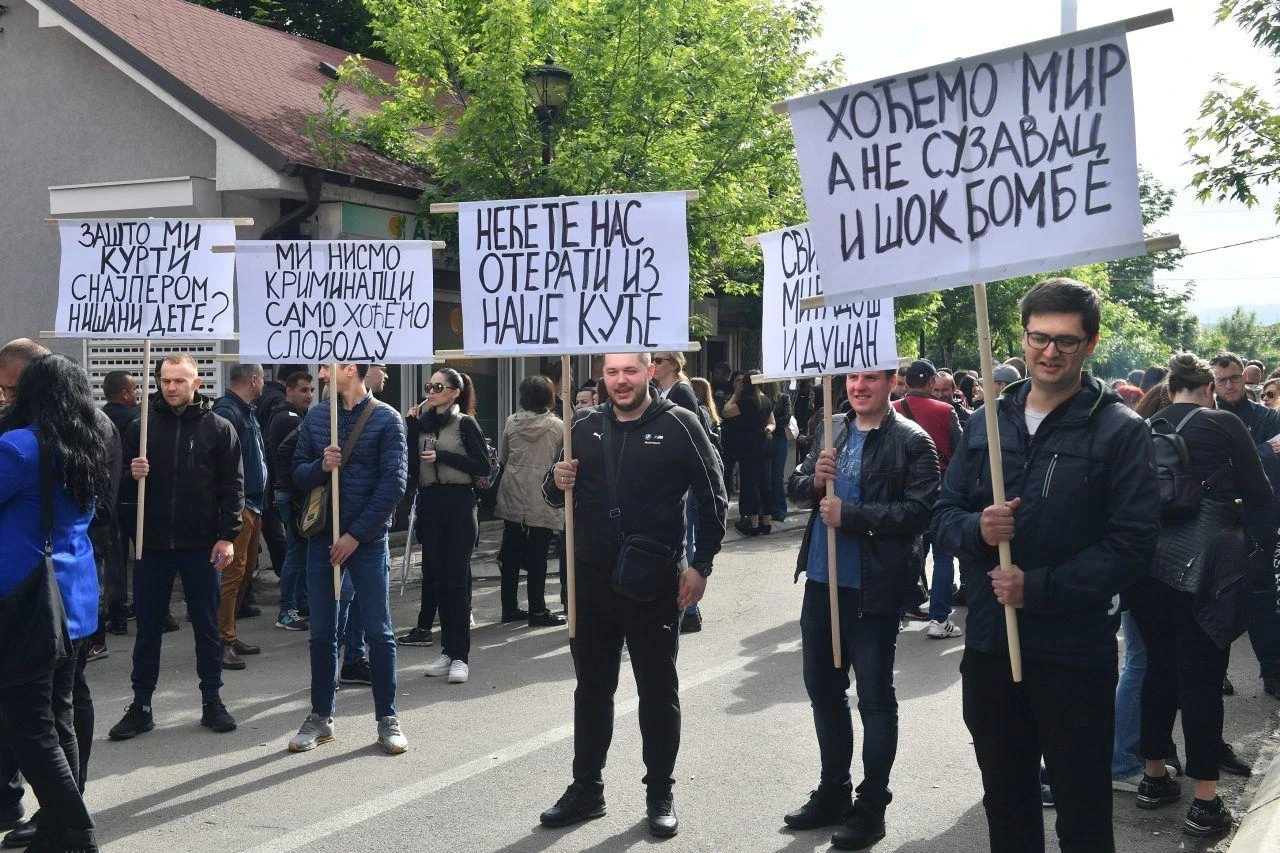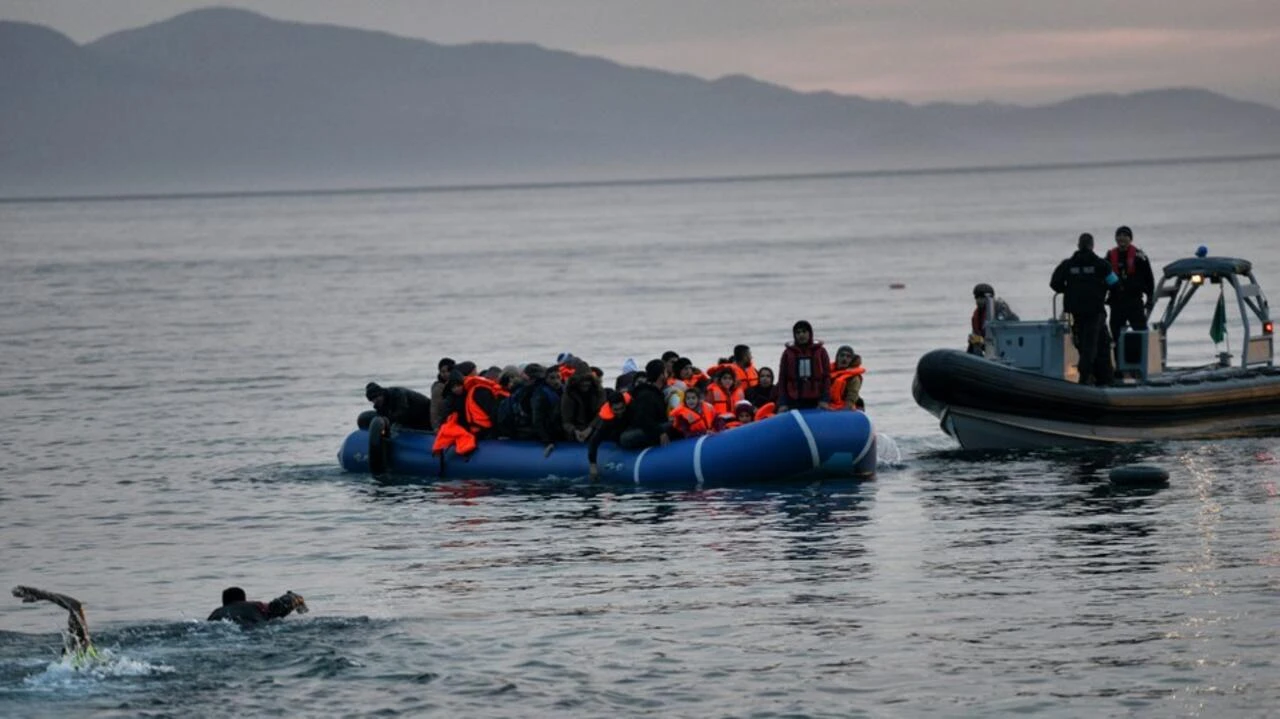Kosovo’s population declines amid census boycott

Kosovo’s population has decreased significantly over the past decade, according to preliminary results from a nationwide census conducted by the National Agency for Statistics (ASK)
Kosovo’s population has decreased significantly over the past decade, according to preliminary results from a recent nationwide census that was announced on Saturday. The count, which officials say could be affected by a boycott from the Serb minority, shows the population falling from 1.8 million to 1.5 million people.
The census, conducted by the National Agency for Statistics (ASK), is Kosovo’s first since 2011. Despite the challenges posed by potential ethnic tensions and a boycott, the ASK declared the census a success. “The census count … despite the challenges and complexity it has encountered, was carried out with a big success,” the agency stated.
Initial projections estimate Kosovo’s population at over 1.5 million, as per ASK Director Avni Kastrati. This decline follows a trend of mass migration, with many Kosovars seeking employment in European Union countries. The nation had approximately 2.2 million inhabitants in 2010, highlighting the significant population outflow in the intervening years.
Ethnic Albanians constitute the vast majority of Kosovo’s population, while Serbs are predominantly concentrated in four northern municipalities. The potential boycott by the Serb minority adds uncertainty to the census results. Recent tensions between Serb communities and the authorities in Pristina have exacerbated the situation, particularly in the north.
One major point of contention has been the implementation of a new law in February, making the euro Kosovo’s sole legal currency and effectively banning the Serbian dinar. This led the largest Serb party in Kosovo, Serb List, to call for a boycott of the census. Following this, Serb supervisors and enumerators in the north resigned a day after the census began on April 5.
Kosovo, which declared independence from Serbia in 2008, still faces non-recognition from Serbia. Belgrade continues to support parallel health, education, and social security systems for Kosovo Serbs, fostering loyalty to Serbia over Pristina. This complicated dynamic contributes to the census difficulties, as evidenced by the Serb community’s boycott of the previous census in 2011.
The results from the 2011 census showed Kosovo’s population at 1.8 million, with more than 93 percent being ethnic Albanians. The current census aims to provide updated demographic data, but the extent of any boycott will only be clear once the data is fully processed.
Source: AFP



